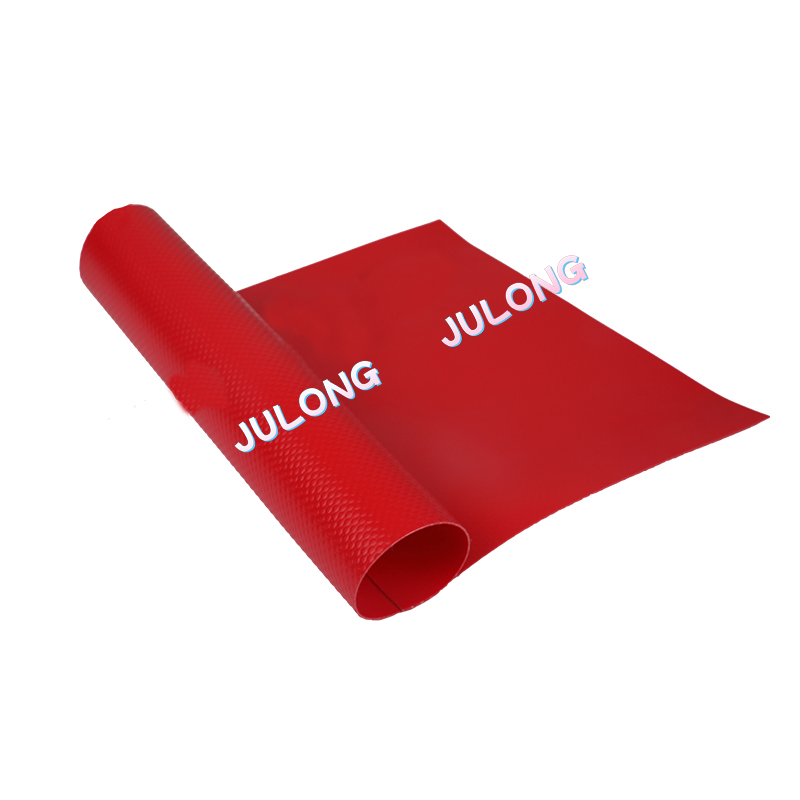PVC-coated fabric is known for its durability and water resistance, but its flexibility can vary depending on factors such as the specific formulation of the PVC coating, the thickness of the coating, and the underlying fabric substrate. Here's a closer look at the flexibility of PVC-coated fabric:
1. Stiffness vs. Flexibility:
PVC-coated fabric can be relatively stiff, especially when compared to uncoated fabrics. The PVC coating adds a layer of rigidity to the fabric, which can affect its overall flexibility.
2. Temperature Sensitivity:
The flexibility of PVC-coated fabric can be affected by temperature. In colder temperatures, PVC-coated fabric might become more rigid and less flexible. This can be a consideration in applications where the fabric needs to remain pliable in cold weather.
3. Fabric Substrate:
The type of fabric substrate used as the base for the PVC coating can also impact flexibility. Some fabric substrates are inherently more flexible than others, and the choice of substrate can influence how flexible the final coated fabric is.
4. Coating Thickness:
Thicker PVC coatings might result in stiffer fabric, while thinner coatings could allow for more flexibility. The trade-off is often between increased durability and decreased flexibility.
5. Engineering for Flexibility:
Engineer PVC-coated fabrics with additives and formulations that enhance flexibility without compromising other desirable properties like durability and water resistance.
6. End-Use Applications:
PVC-coated fabric can be found in applications that require varying levels of flexibility. For example, some outdoor awnings or tent fabrics might require a balance between flexibility and durability.
7. Flexible Grade PVC:
Some PVC-coated fabrics are specifically designed to be more flexible while still retaining the benefits of PVC coating. These fabrics are formulated to offer improved pliability, making them suitable for applications where flexibility is crucial.
8. Folding and Bending:
In many applications, such as tents or flexible structures, PVC-coated fabric needs to be able to fold and bend without cracking or losing its waterproofing capabilities.
It's important to note that while PVC-coated fabric might not be as flexible as uncoated fabrics or some other coated fabrics, it offers other advantages like durability, water resistance, UV resistance, and ease of maintenance. When selecting PVC-coated fabric for a particular application, it's essential to consider both the desired level of flexibility and the other properties that are important for that specific use case.




 English
English عربى
عربى







